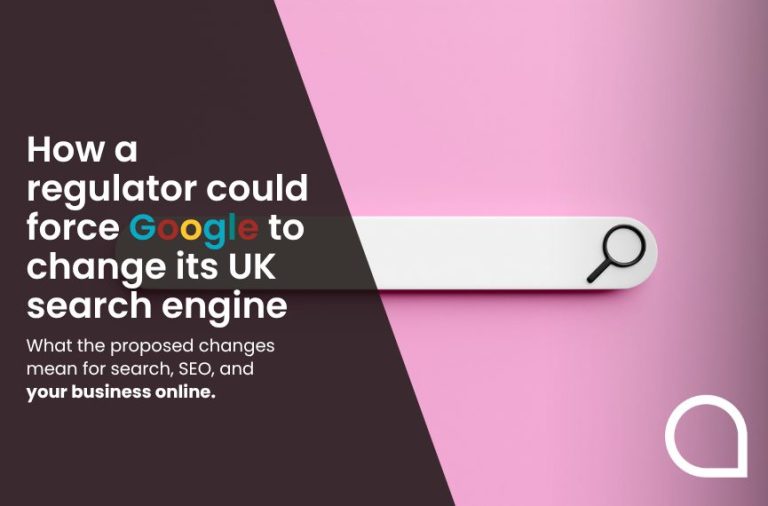There has been a lot of noise in the online space recently following Google’s decision to send out warnings ‘en masse’ to website owners via Webmaster Tools, highlighting that their websites may not be mobile compatible.
The now familiar warnings read like this;
“Starting April 21, we will be expanding our use of mobile-friendliness as a ranking signal. This change will affect mobile searches in all languages worldwide and will have a significant impact in our search results. Consequently, users will find it easier to get relevant, high quality search results that are optimized for their devices.”
I argued in a recent article that there is a lot of scaremongering about this change and that the reality may be that nothing changes on 21st April, but still we are still seeing a lot of confusion about the change.
But Google have been flagging this from at least 2011 which in online terms is an epoch ago. They told advertisers in 2011 that PPC results were being prioritised so that responsive sites would come top on mobile PPC results so really this shouldn’t be a surprise to anyone.
What is a surprise to many is that Google are forcing this change to drive a result that helps them to help their customers. It shouldn’t be.
There is a parallel for this change and it comes from the automotive world.
In 1998 there was an agreement reached between the European Commission and the vehicle manufacturers to reduce the CO2 emissions to a European fleet average of 130gm/km of CO2 emissions by 2015, phasing in from 2012.
At the time manufacturers were desperately trying to duck the issue and all sorts of arguments were trotted out as to why this would kill the motor industry, but as we sit here in 2015 the reality is of course quite different.
What has happened is that the regulation has forced innovation in the market and today you can buy a range of cars which meet these emission requirements. Sure you can still buy the supercars that most of them make which will never get near the emission targets set but, and it is a crucial but, the innovation made at the bottom end of their markets is filtering through to all the other vehicles in the range. Cars are gradually becoming more efficient.
In parallel with this the Government has been quick to introduce targets for Company Car drivers and at various emission levels you get taxed a different amount. Even the road tax is free now for some of the lowest emission cars as well as things like the London Congestion Charge.
So what happens if you bought a car which meets the new emission targets, hoping to get free road tax and no Congestion charges and then the Government changes the target to a lower level? Your choices are limited of course; you either pay the charges or accept that your brand new vehicle no longer meets the new targets and sell it to buy another new vehicle that does meet the new targets.
What you can’t do of course is pitch back up at your garage and insist that they adapt your car to meet the new emissions targets and more importantly that they do it free of charge. That would be ridiculous.
So why are people coming back to website firms and insisting that their sites are brought up to date for no cost?
We have seen examples recently from some of our Agency friends where clients who had websites built at the end of 2014 are doing exactly that. Their argument is that “it’s a brand new site therefore it should meet the latest ‘Google standards’”.
The problem with this argument is that it is built on a false premise; that once built something will remain ‘up to date’. Of course in our heart of heart we know that this isn’t true but it doesn’t stop us wishing it on occasions. And of course that the ‘Google standards’ that were in place at the end of last year are the same now as they were then.
Google can and will shift the goalposts and as a monopoly provider they have demonstrated this time and again. Right now the change is to ensure that as more of us use mobiles to go online that the experience is as good as it can be. Of course it helps Google as well, as by ensuring that the browsing experience is as good as it can be it reaffirms their own position as the number one search engine of choice in the UK.
So if your website is currently falling short of Google’s new mobile standards then by all means ask someone to bring it up to scratch. But remember, just like your car there is only so much that can be done with the current model before you need to spend money to upgrade.





